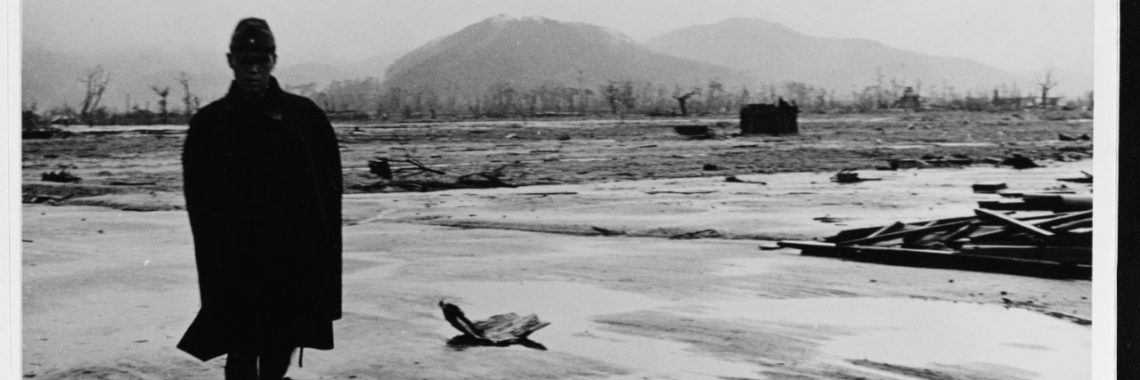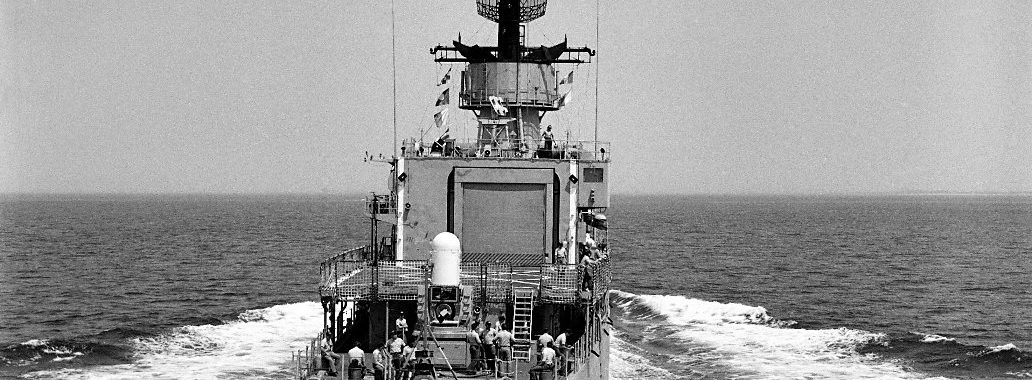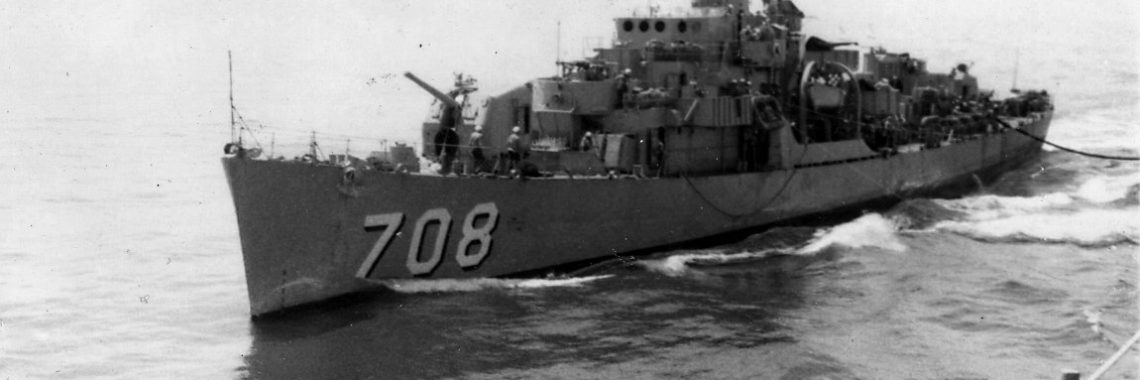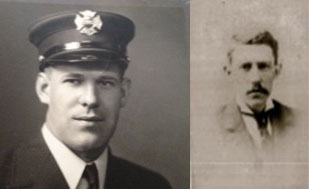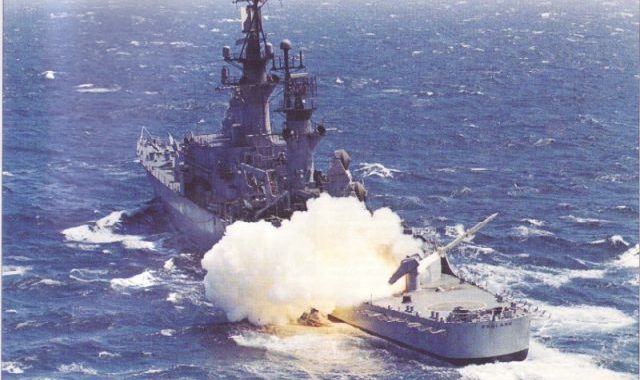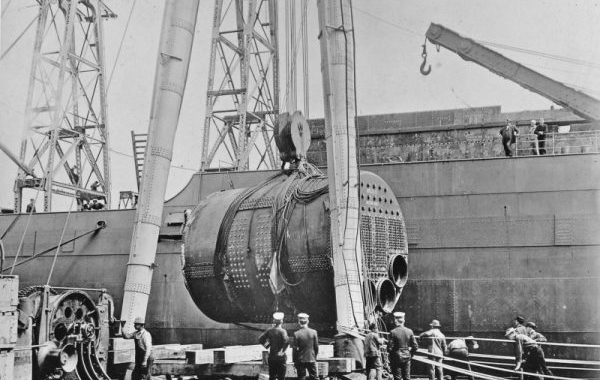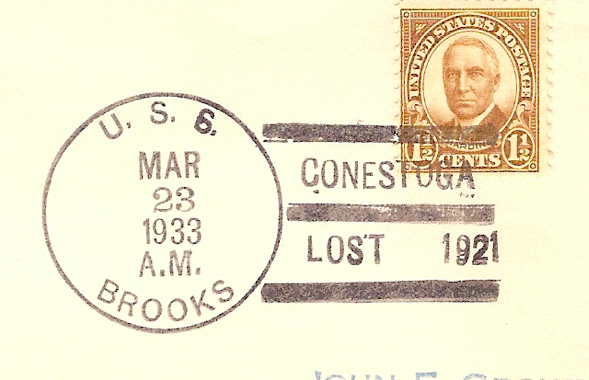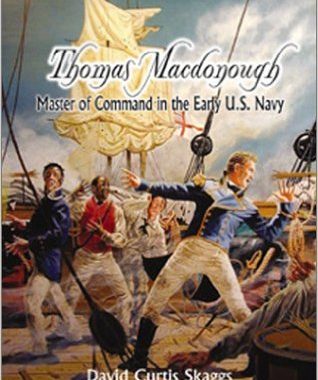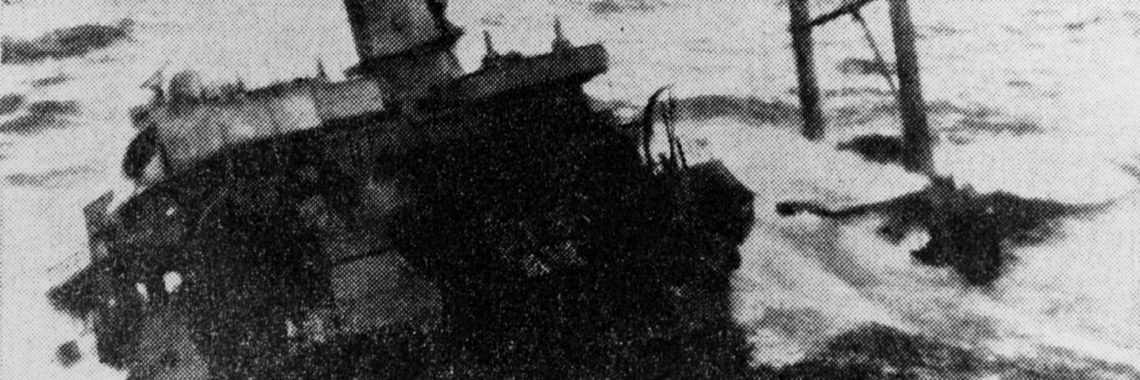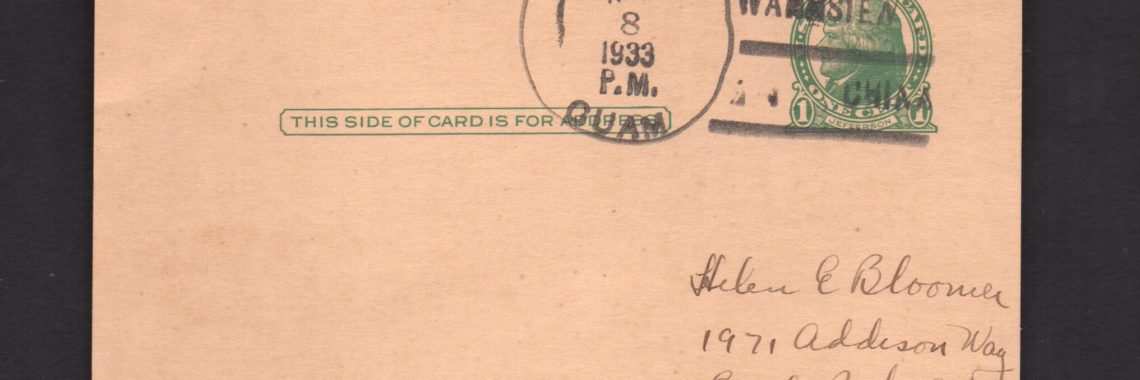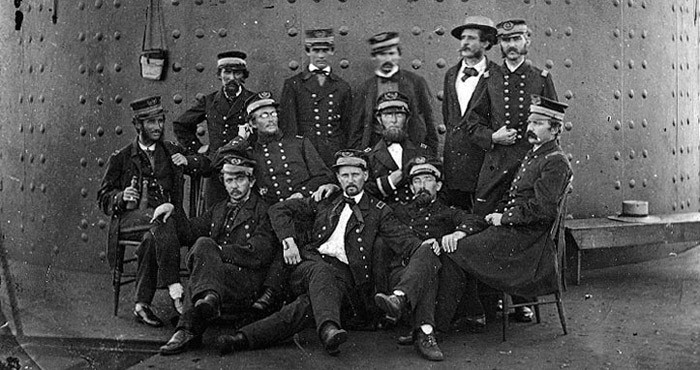Hiroshima Devastation Recalled
By David F. Winkler With tomorrow’s 71st anniversary of the dropping of the atomic bomb at Hiroshima which, following a second bomb drop at Nagasaki, led to the Japanese surrender ending World War II, we thought we would share a recent find from our ongoing naval history collection efforts. As part of the Naval Historical

